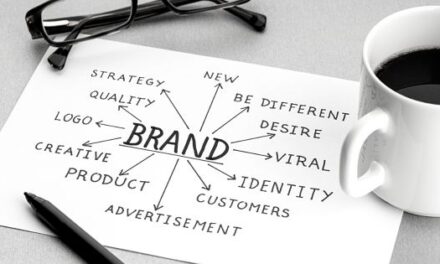I love passive aggressive notes in offices. You know the ones – reminders to use the toilet facilities with consideration, to clean up after oneself in the kitchen, to not steal stationery. For an afternoon of distraction, just google “passive aggressive workplace memes”. You’re welcome!

One of my favourites: “PLEASE KEEP THE DOOR CLOSED!!! THANK YOU!!!”
With the posted reply: “Please don’t use Comic Sans. We are a Fortune 500 Company not a lemonade stand.”
The signs remind us of common courtesy, without much courtesy. Regardless of the seething frustration, we need agreements to live and work in harmony.
Dermot Crowley’s second fabulous book, Smart Teams, focuses on this. He explains that we need strong boundaries on meetings, emails, and collaborative activities. Otherwise we get in each other’s way and slow the team system down.
Donna McGeorge takes it a step further with her lean approach to meetings in her book, The 25 Minute Meeting. We can get more done in less time if we keep focused.
Powerful teams are more than just systems, they are a potent mix of human chemistry. It’s good if that chemistry mixes well. Not so good if it doesn’t.
The 3 special agreements focus on how we take responsibility for:
- Thinking
- Feeling
- Acting.
Here are my suggestions for how we can do this better:
Thinking: I will challenge my thinking and your thinking on any issue. I expect you to do the same. Together we’re (hopefully) not as dumb as each other.
Feeling: I will check in with my feelings and your feelings at any time, especially when I don’t want to. Together we can allow feelings to reveal hidden truths. Our feelings are like spice in a soup: too much and it’s hard to swallow. Let’s check what we’re putting in the mix!
Acting: I will assume good intentions and expect you to do the same. Just because you do things differently to me, doesn’t mean you’re wrong. Also, I will follow the rule, “Don’t be a dick.”
Team chemistry mixes best when we start with honest conversation, curiosity, and care. It’s all about thinking, feeling, and acting better.
What agreements do you have in place? How are they working for you? Where do you fall away from honest and open communication? How might you get back on track?






















